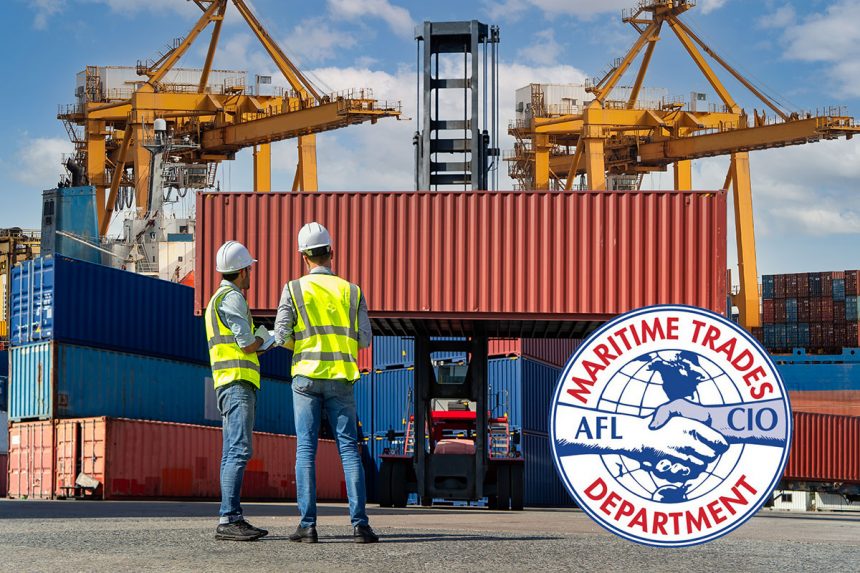America’s ports need fixing; the way to do it is to make sure that the monies included in the Harbor Maintenance Trust Fund (HMFT) are used for their intended purpose.
That was the message delivered by Barry Holiday, the executive director for the Dredging Contractors of America, who also chairs the Harbor Maintenance Trust Fund Fairness Coalition. Holiday’s take on the situation was seconded at the MTD executive board meeting by Paul Anderson, CEO of the Jacksonville Port Authority. And, the MTD executive board added to the call with a statement calling for the monies collected by the Harbor Maintenance Tax (HMT) be used for their intended purpose.
With 250 affiliated organizations, the Harbor Maintenance Trust Fund Coalition is one of the nation’s largest grassroots maritime organizations. Representing all segments of the industry—management, labor, shippers and customers—it is working hard to draw attention to the plight of America’s ports and waterways as well as the things that can be done to modernize them.
Right now, the federal government is collecting monies through the HMT for port modernization, but not using those dollars for their intended purpose. As Holiday noted, this is having adverse consequence for U.S. ports, maritime-related jobs, American competitiveness and the economic recovery.
The coalition, which includes the MTD and a number of its affiliates, has been monitoring developments relating to port modernization. It is pushing legislation in Congress to get the trust fund dollars released so the monies can be used for their intended purpose.
Holiday stressed that much more needs to be done in the areas of port modernization and dredging.
After all, he said, the nation can’t even maintain the largest ports with the monies that are being given to the Corps of Engineers. The nation’s 59 largest ports are fully operational only 32 percent of the time.
As Jacksonville’s Paul Anderson noted, the modernization of the Panama Canal (which will be complete in 2015) and the growing international trade emanating from places like India, Malaysia and Vietnam means that larger and larger ships are being used to transport imports and exports in and out of this country.
But according to Anderson, if the United States is to remain an exporting nation, “we need to move forward as quickly as possible” on port modernization.
While investment in U.S. port modernization has lagged in recent years, nations like India have poured money into deepening their channels to accommodate the big, new vessels. Anderson noted India will spend at least $1 billion over the next decade, far more than the United States.
Even ports like Jacksonville, which have invested heavily in modernization by supplementing federal monies with state and local funding, are lagging behind their international competitors. Thanks to local and state initiatives, the port will be able to handle vessels that displace 50-feet of water, but not until 2017. Right now, few U.S. ports can handle anything deeper than 40 feet.
Because of the lack of dredging and port modernization, container vessels entering many U.S. ports are forced to wait long periods of time and to sail less than full, something that raises the price of U.S. exports and imports.
The simple fact, said Anderson, is that the world isn’t waiting for the United States to get its house in order. “We live in a global environment; trade is moving.”
Anderson also pointed out that he and the heads of many other port authorities strongly support the Jones Act, America’s preeminent cabotage law, because they view it as an important source of U.S. jobs and economic growth.

